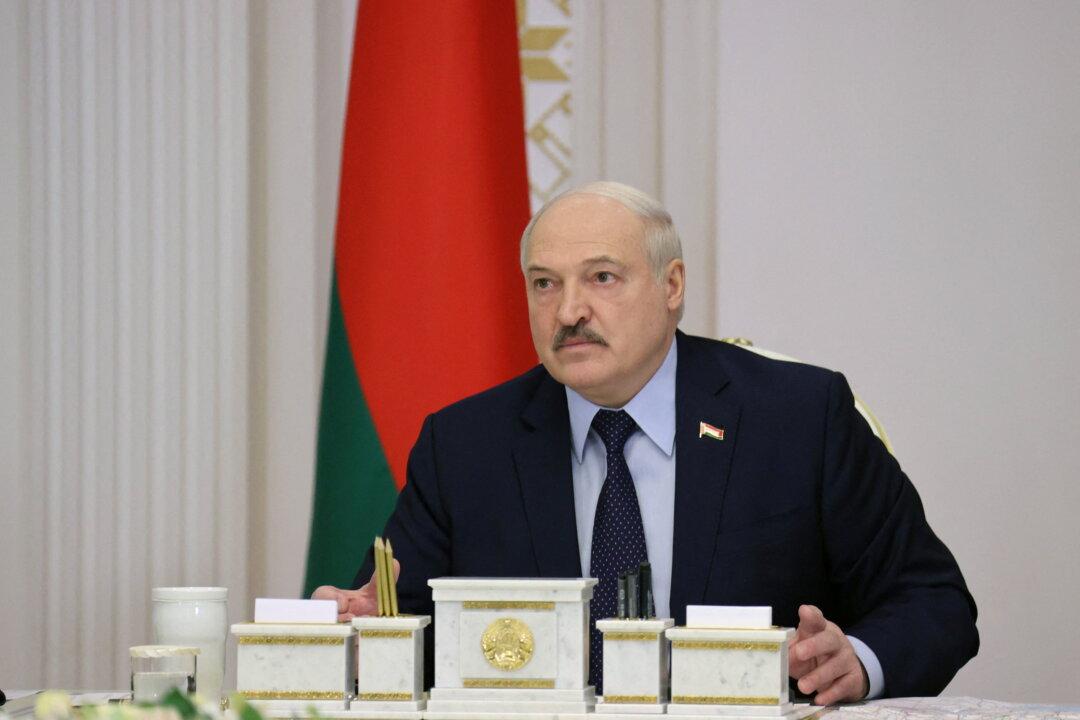YAOUNDE, Cameroon—A new bilateral intercourse is growing between the diplomatically isolated Eastern European nation of Belarus and countries in Africa.
This is epitomized by the Belarusian president’s recent visit to the continent.

YAOUNDE, Cameroon—A new bilateral intercourse is growing between the diplomatically isolated Eastern European nation of Belarus and countries in Africa.
This is epitomized by the Belarusian president’s recent visit to the continent.